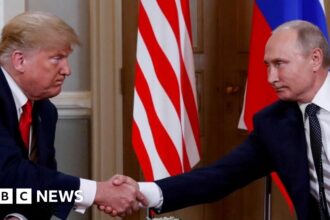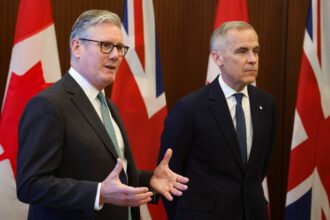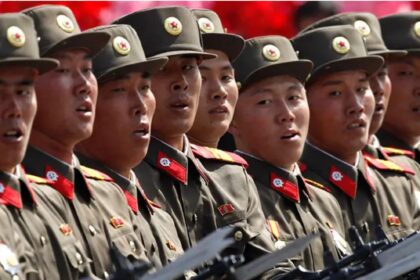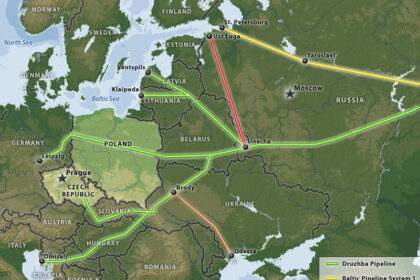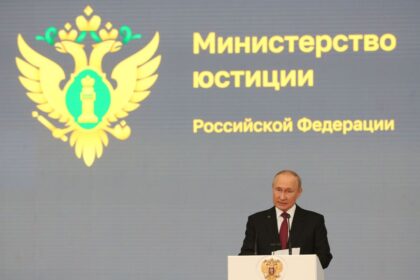**History Repeats Itself: Lessons from Economic Mistakes**
A recent episode of The Big View podcast highlighted the worrying parallels between Donald Trump’s tariff policy and a major economic mistake made by Britain in the early 20th century. Author Philip Coggan joined Global Editor Peter Thal Larsen to explore the lessons that can be learned from this history.
**Tariffs and the Gold Standard: A Cautionary Tale**
In the 1920s, Britain returned to the gold standard, a move that was widely seen as a way to stabilize its economy. However, the decision proved disastrous, leading to a sharp decline in economic activity and increased unemployment. Sound familiar? The parallels with Trump’s tariff policy are striking.
The gold standard limited the government’s ability to print money and stimulate the economy during times of recession. Similarly, Trump’s tariffs are aimed at protecting American industries from foreign competition, but they risk making Americans poorer while failing to bring back lost manufacturing jobs. Coggan argues that both policies reflect a misguided faith in the power of protectionism to solve economic problems.
**The Risks of Protectionism**
Coggan warns that the dangers of protectionism are not limited to the US or Britain. Rising global tensions and trade wars could lead to a broader shift towards protectionist policies, with severe consequences for economies worldwide. As he notes, “the lessons from history are clear: protectionism is a recipe for disaster.”
**Lessons from History**
So what can be learned from this history? Coggan argues that governments should focus on investing in their people and industries, rather than relying on tariffs to fix problems. He also highlights the importance of international cooperation and trade agreements in promoting economic growth.
In conclusion, The Big View podcast offers a timely reminder of the risks of protectionism and the need for more nuanced economic policies. As Coggan notes, “history may not repeat itself exactly, but it often rhymes.” It’s time to heed these lessons from history before it’s too late.
Read More @ www.reuters.com

